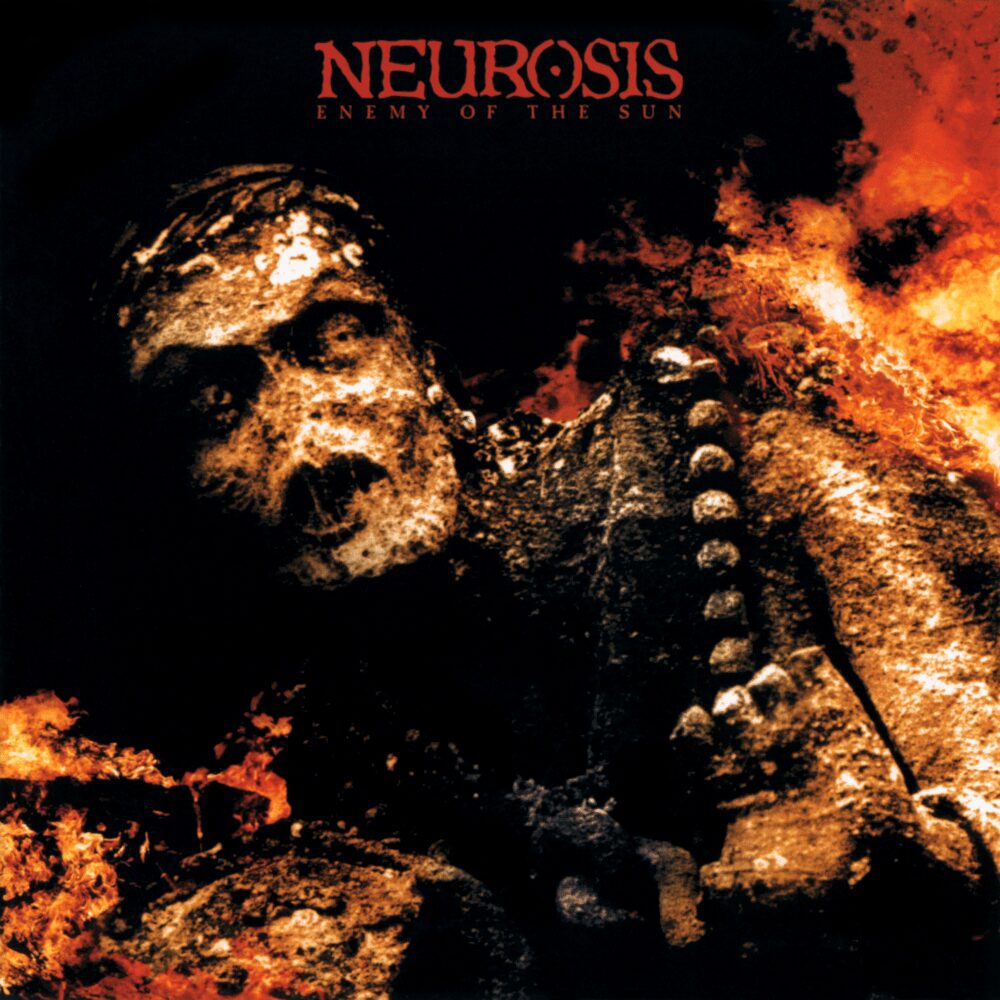4. NeurosisEnemy Of The Sun

I don’t have a lot of moments like this in my life where I can remember a setting and an event with real clarity but I do remember really clearly putting Enemy Of The Sun on the turntable and just laying down on the couch when I was still living at home with my parents – I was probably 16 or 17 at the time – and just being completely blown away by it. There are certain records where I heard them and they were, for me in that moment, the pinnacle of musical perfection, and that’s what Enemy Of The Sun was. I didn’t know I was looking for this music. I didn’t have a precedent for it but as soon as I heard it, I was completely immersed in it, engaged by it, and just blown away by what I was hearing. The record is its own universe. I think that’s something that I keep coming back to with all of these picks, where people create these worlds that are very thorough and very convincing and very real.
Going back and hearing some of it now, even though I have more understanding of what it is, there’s still a big element of mystery within it. There’s something about the spiritual or magical essence of it that has remained intact. It was everything I wanted. It wasn’t metal but it was certainly heavy, and it had some of the signature elements of metal but none of the bullshit theatrics. No guitar solos. No stupid lyrics. None of that stuff. And they clearly possessed that DIY punk ethic which, for me at the time, was very important because my discovery of punk and hardcore had been a very motivational thing. A lot of my peers were going to raves and getting fucked up and that wasn’t interesting to me. I wanted to do something and discovering punk and hardcore was a real outlet for all that energy. Knowing that Neurosis was coming from that perspective and were very self-possessed and did a lot of things themselves – they ended up starting their own label and had this very strong ideology behind what they were doing – that was another reason why punk and hardcore was interesting to me. Because it was accessible. It was a world where we could all participate in. There wasn’t a large divide between audience and artist, it was more like a community activity.


